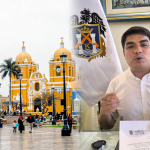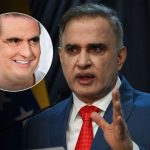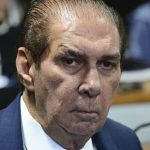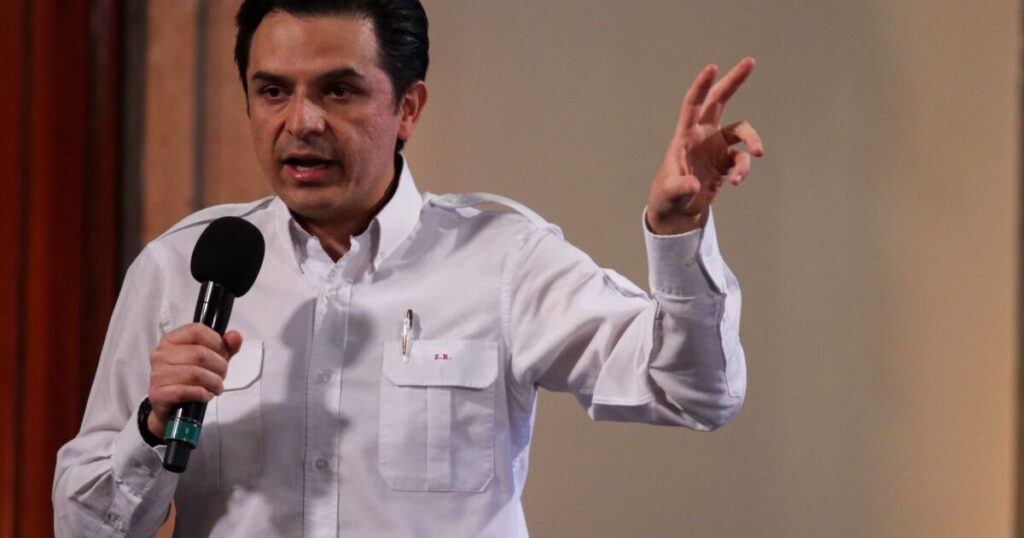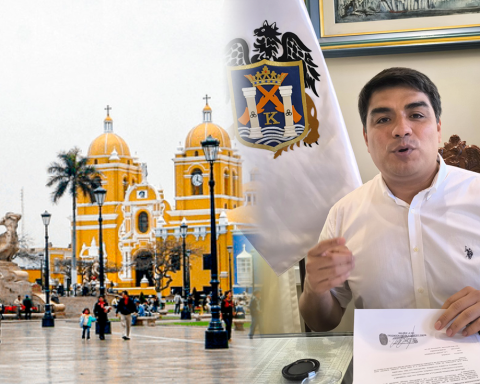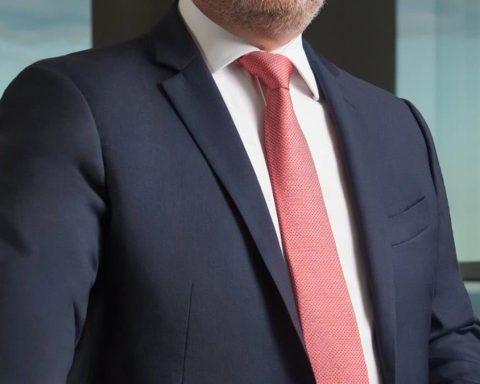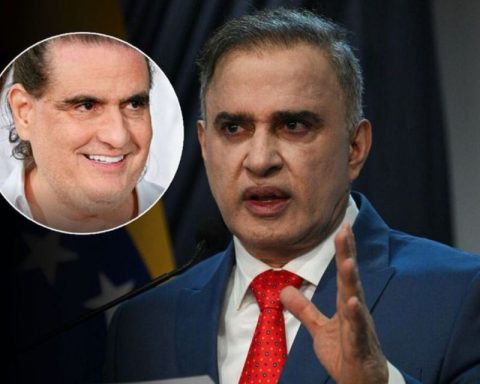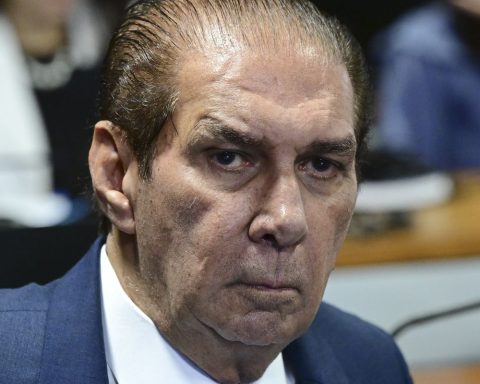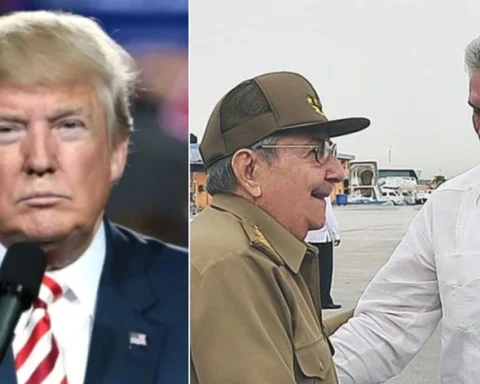The Colombian Congress will demand explanations from the Government of Gustavo Petro for ordering the absence of Colombia in the condemnation of the Daniel Ortega regime in the vote on August 12, reported the Colombian newspaper El Tiempo. According to the newspaper, among the dissatisfied is the president of the Legislative Power, the official Roy Barreras.
For Barreras, who said his personal opinion, “Ortega is a dictator and violates all human rights” and added that his task is “to point out that, if it is essential for the interests of Colombia to talk, even with regimes that are not democratic , it should be done, but knowing that you are talking to a dictator”.
Petro’s decision caused controversy in his country and questions from the Democratic Center and Radical Change parties. The representative of the latter organization to the Chamber, Víctor Andrés Tovar, urged his caucus to debate political control, reported Time.
On Monday, August 29, the journalist Daniel Coronell revealed in the WRadius Colombia’s strategy by absenting itself from the OAS. Petro aspires to achieve a bilateral agreement with the Daniel Ortega regime that allows the Raizal fishermen of San Andrés to continue working in the waters granted in the Caribbean to Nicaragua by the International Court of Justice in 2012, the journalist revealed on Monday, August 29. Daniel Colonel in
According to Coronell, one of the most renowned investigative journalists in that country, Colombia’s interest in negotiating with the Nicaraguan regime would be behind the absence of his country’s representation in the vote on August 12 in the Organization of States. Americans (OEA), in which 27 countries condemned the intensification of Ortega’s repression against the Catholic Church.
“In addition to the importance that this decision has for the economy of the islanders, an agreement in this aspect could open the way to request the International Court of Justice to suspend the hearing for the third case, as one of the lawsuits is called. which is still pending,” said the journalist in the “Coronell Report.”“Based on that, Colombia wants to seek an arrangement outside the Court,” says the journalist.
A Colombian deputy minister alluded to “delicate aspects of foreign policy that are confidential” that led Colombia not to attend the session that condemned the Nicaraguan dictatorship, but refused to reveal the objectives of the negotiation to which Coronell referred.
The information corroborates what was published by CONFIDENCIAL on Saturday, August 27, about Petro’s silence in the regional body as a strategy to create favorable conditions before beginning the alleged talks with the Nicaraguan, which he did not want to reach after calling him a dictator.
Read: Petro avoided convicting Ortega to seek negotiation in application of ICJ sentence
In his first statements as president-elect, Petro advanced his interest in talking with the Ortega government about the application of the ICJ ruling, which gave Nicaragua a clear victory in 2012.
Last April, the ICJ ordered Colombia to immediately cease its patrolling, fishing and research operations in the 75,000-kilometer area of the Nicaraguan sea, granted by the international tribunal.
Also: Victory in The Hague: Colombia should not intervene in Nicaraguan waters
Foreign Minister Leyva’s responsibility
The Colombian press also revealed details about Colombia’s questionable decision to absent itself from the OAS in the vote on Nicaragua. According to one research of this weekend of Caracol, the responsibility lies with the Minister of Foreign Affairs of Petro, Álvaro Leyva.
Colombian internationalist Sandra Borda, a professor and researcher at the Universidad de los Andes, described the Colombian government’s position as “naive” in an article published in Infobae.
Petro appointed the ambassador León Freddy Muñoz in Managua and in his first statements he spoke in favor of Colombia returning to the “Latin American brotherhood”.
At a request for information from Caracol—known as the right of petition in the Colombian legal system—, the Vice Minister of Multilateral Affairs of the Foreign Ministry, Juan José Quintana, reported that Leyva was consulted about the vote in the OAS and the decision would have been made. for “delicate aspects of foreign policy that are confidential.”
As was evident from his response, Quintana did not reveal what aspects he referred to in the Colombian media’s query. Nor had Petro, who is on an official visit to Peru, made a statement until the closing of the edition.
Former President Álvaro Uribe was one of those who criticized the current president and told Caracol that Petro’s frankness is preferable to “diplomatic bullshit”.
Uribe thus referred to the informal justification, initially expressed by Petro’s diplomatic team that his ambassador had not yet taken office in the OAS, when the vote was taken. That increased doubts about the lack of democratic commitment of the new government, which took power on August 7 last.
Caldera: The ICJ must rule on pending cases
The former foreign minister of Nicaragua, Norman Caldera, said that there is a notable difference between what Colombia intends and what he called regulated artisanal fishing permits, that is, that, recognizing the rights of Nicaragua, they are requested from the owner of the resource and renewed with certain periodicity.
“These permits can be negotiated as part of a Treaty. I understand that Colombia seeks open permits that are not subject to control and that would empty the ICJ’s resolutions of their content,” said the former foreign minister.
Caldera explained that there are two cases pending with Colombia in the ICJ: one on maritime delimitation and the other on Colombian violations of Nicaraguan rights.
In the opinion of the former Nicaraguan foreign minister, the setting of limits for the expanded platform should continue until the limits are reached and thus avoid future inaccuracies and, depending on that result, analyze what is missing.
An expert in Nicaraguan international law explained, on condition of anonymity, that the delimitation of the platform beyond 200 miles is in an advanced situation and is related to the provisions of the ruling of the same international Court since November 19, 2012.
“A Nicaraguan waiver of that claim at this time would make it impossible to return to the Court under Colombia’s denunciation of the Pact of Bogotá. What is possible is the realization of agreements on joint patrolling and cooperation in security matters, to prevent drug trafficking and other illegal activities,” added the lawyer.
The specialist added that an agreement on the case of the Raizales is contemplated and is a recommendation of the ICJ in the judgment of last April, “a possibility to which Nicaragua has been open and has not required concessions of a political nature from Colombia.”







